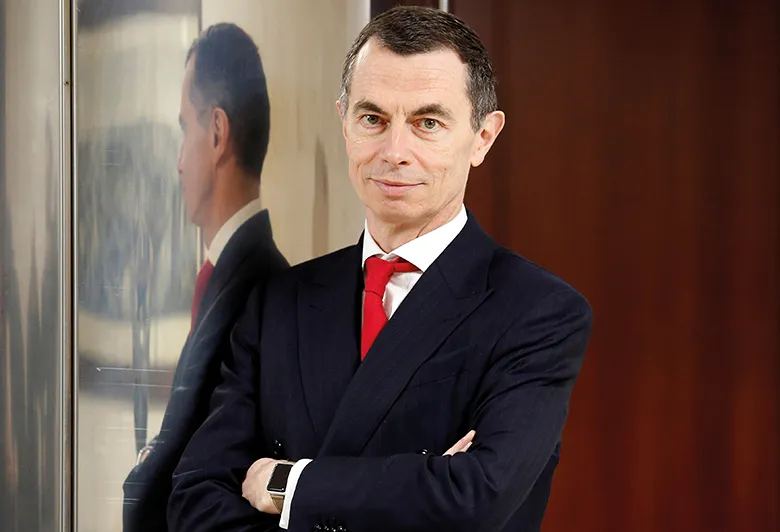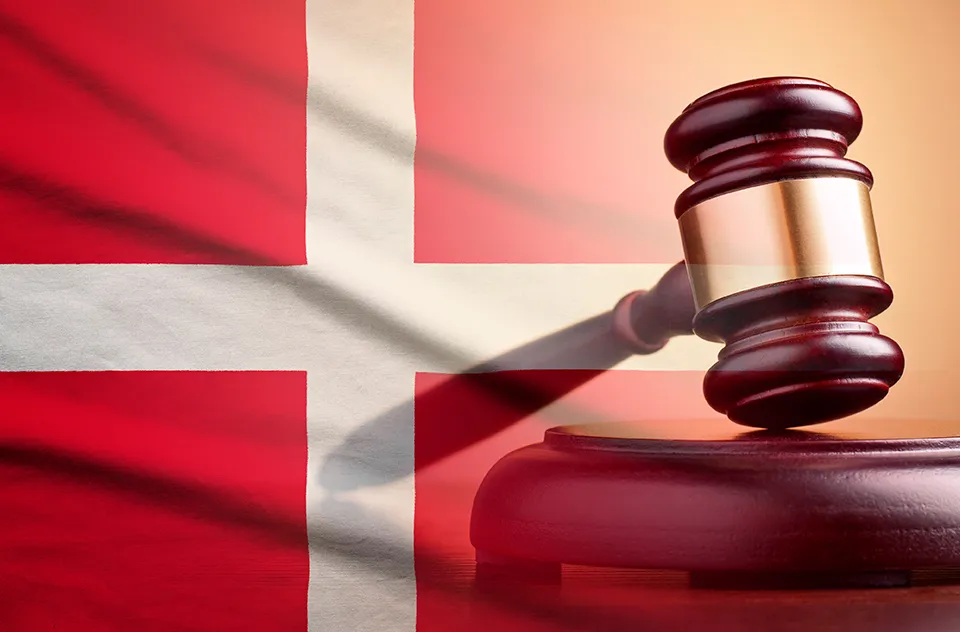You either sell a dream, or you say what you think and do what you say

|
|
|
THE CEOS |
|
|
|
UniCredit chief executive Jean Pierre Mustier draws on his experience as a paratrooper in what he says is the central task of a chief executive – fostering healthy ethics, whether towards clients or the bank’s own risk, including money laundering. It is something he says is more important than ever.
“You have to lead by example. Banks need to be seen by their clients and stakeholders as entities that behave properly. That starts with the CEO.”
In the military, he remembers, it would have been inexcusable to stay back in the barracks while his soldiers jumped out of a plane.
“Your actions speak for themselves. For me it was relatively easy. When I was 20 I was an officer in the paratrooper regiment, so I learnt young to lead by example. It was a very useful personal experience. That’s the most useful thing I got from my studies.”
He admits: “It’s difficult to always lead by example. It requires self-discipline. It’s a day-to-day endeavour; you can’t make any mistake as you’re always being watched. Any behaviour, comments, remarks may be seen as inappropriate or offensive, and if so, you lose people’s trust.”
But leading by example is why, rather than refusing to share in the cuts he was imposing on his staff, he has halved his salary, ditched his bonus and swapped the bank’s private jet for a Fiat 500 (like his tie, in UniCredit red).
Personal investment
Mustier also said late last year he would voluntarily invest the equivalent of his salary in the bank’s shares and subordinated debt, bringing his personal investment in UniCredit to €13 million, he says. And he has committed to hold the investments for at least seven years to underline the importance of the same lock-up period in UniCredit’s bonus framework for senior management.
“You need to define the right incentives,” he says.
If those incentives are too short-term, in other words, then bankers will inevitably work towards short- rather than long-term horizons.
Part of that task is to recognize that deficiencies – in preventing money laundering, for example – can occur and to establish things like whistle-blowing systems, so that wrongdoing is brought to light.
Setting the strategy, however, is also about setting financial targets that are achievable within the right ethical and legal framework, and within a prudent risk approach.
“You need to define realistic targets,” he says. “If you define the wrong medium-term targets, you create the wrong tensions in the organization and you create the wrong revenues and profits.”
This is especially relevant now, as the bank is preparing to unveil its next medium-term plan in December, amid increasing economic gloom. In contrast to peers with more ambitious targets, he set the group’s 2019 return-on-equity target at 9% and projected top-line revenue to remain the same.
Net income
The next plan is unlikely to labour under the illusion of organic expansion prospects, or even about the scope to engage in more dramatic cost cuts. Mustier will have his work cut out just to maintain, or slightly grow at best, UniCredit’s net income. The main pillar of the strategy to close the bank’s discount to book that is now around 50% could be to try to reduce its perceived risk.
“It’s important to show that the business model is appropriate for the environment,” Mustier says. “If today you tell investors you’re going to grow at 3% or 4% a year and you’re going to deliver an 11% or 12% return on equity, nobody believes you. You either sell a dream, or you say what you think and do what you say. Let’s be clear about what the European environment will be.
“If rates stay low, it’s because growth will be low,” he adds. “That doesn’t mean that you need to be depressed and that banks are not a good investment.”
In other words, he is investing more in the bank – despite no regulatory obligation to do so – because he thinks the value should rise.
Mustier is more used to relative austerity than some European bank leaders. He worked in a platinum mine for six months while studying engineering. Managing a team of around 30 miners, he started work at 4.30am and learnt the language of the mines, Fanagalo, a mixture of Zulu, Afrikaans and English – or at least essential phrases such as “run away” and “it’s going to explode”.
He’s not saying he is poor or wouldn’t like a higher salary. But European bank chief executives can no longer justify private jets, flashy cars and multimillion euro salaries.
“Examples start from the top,” he says. “You pass on a message of ethics.”




